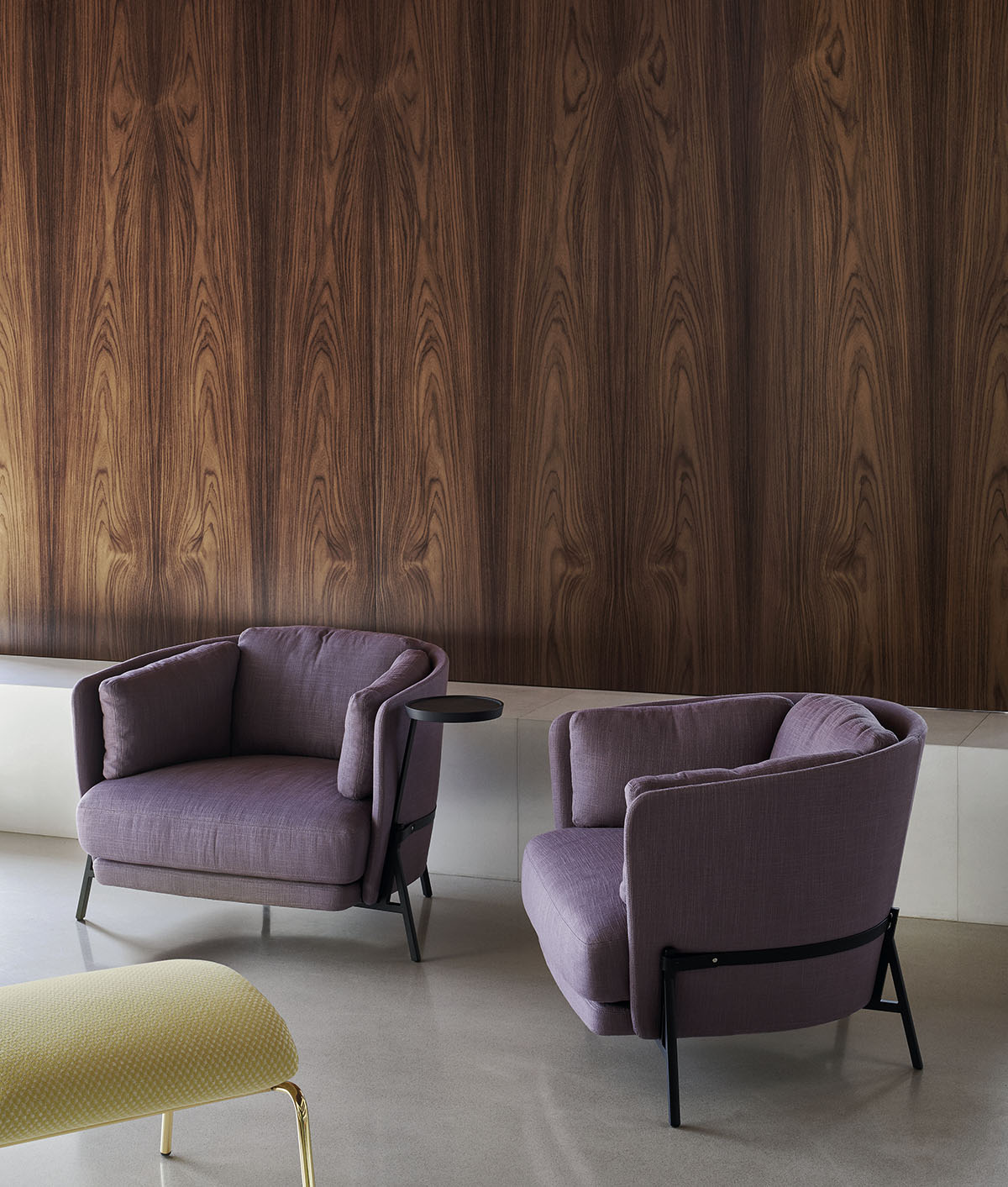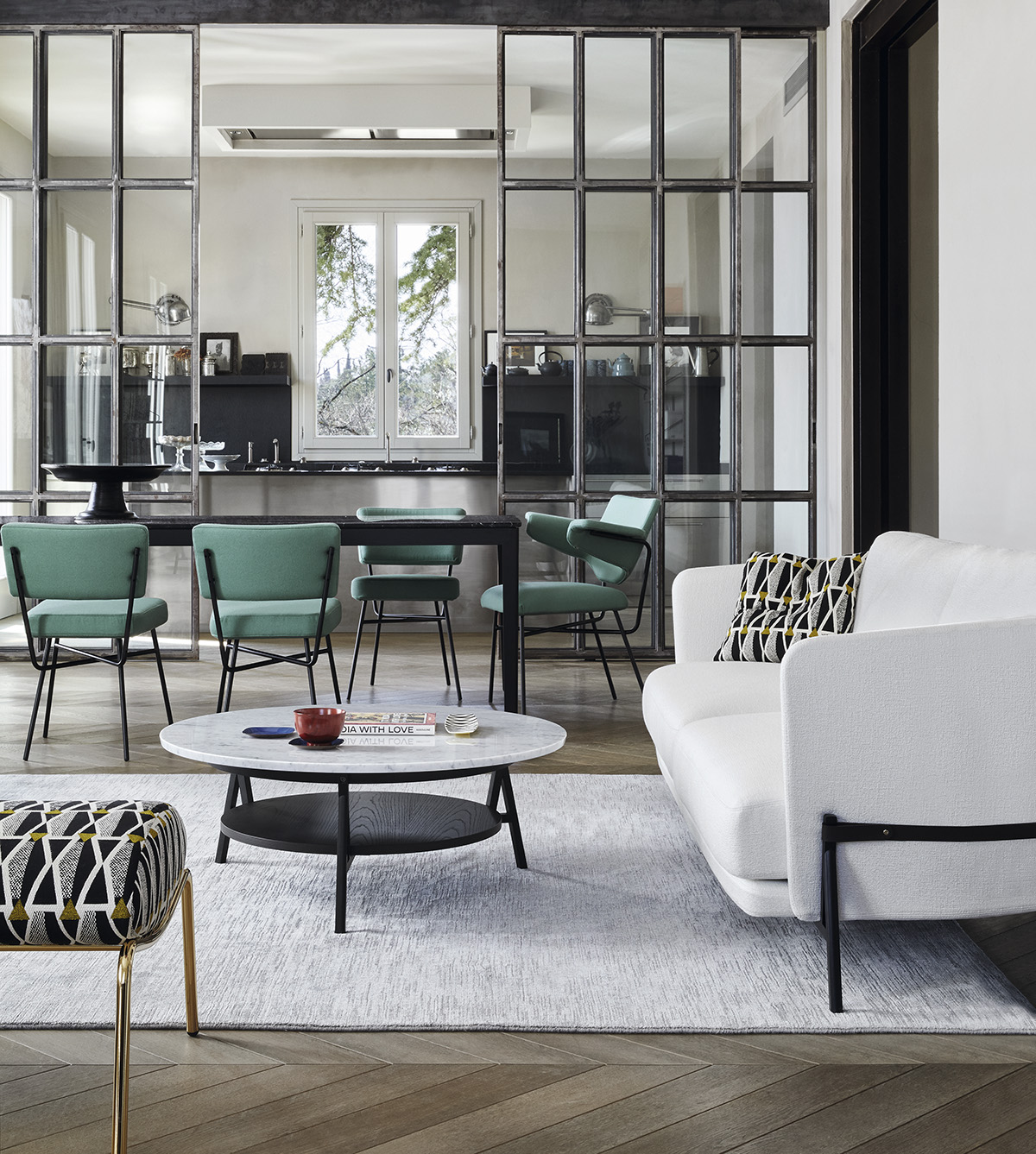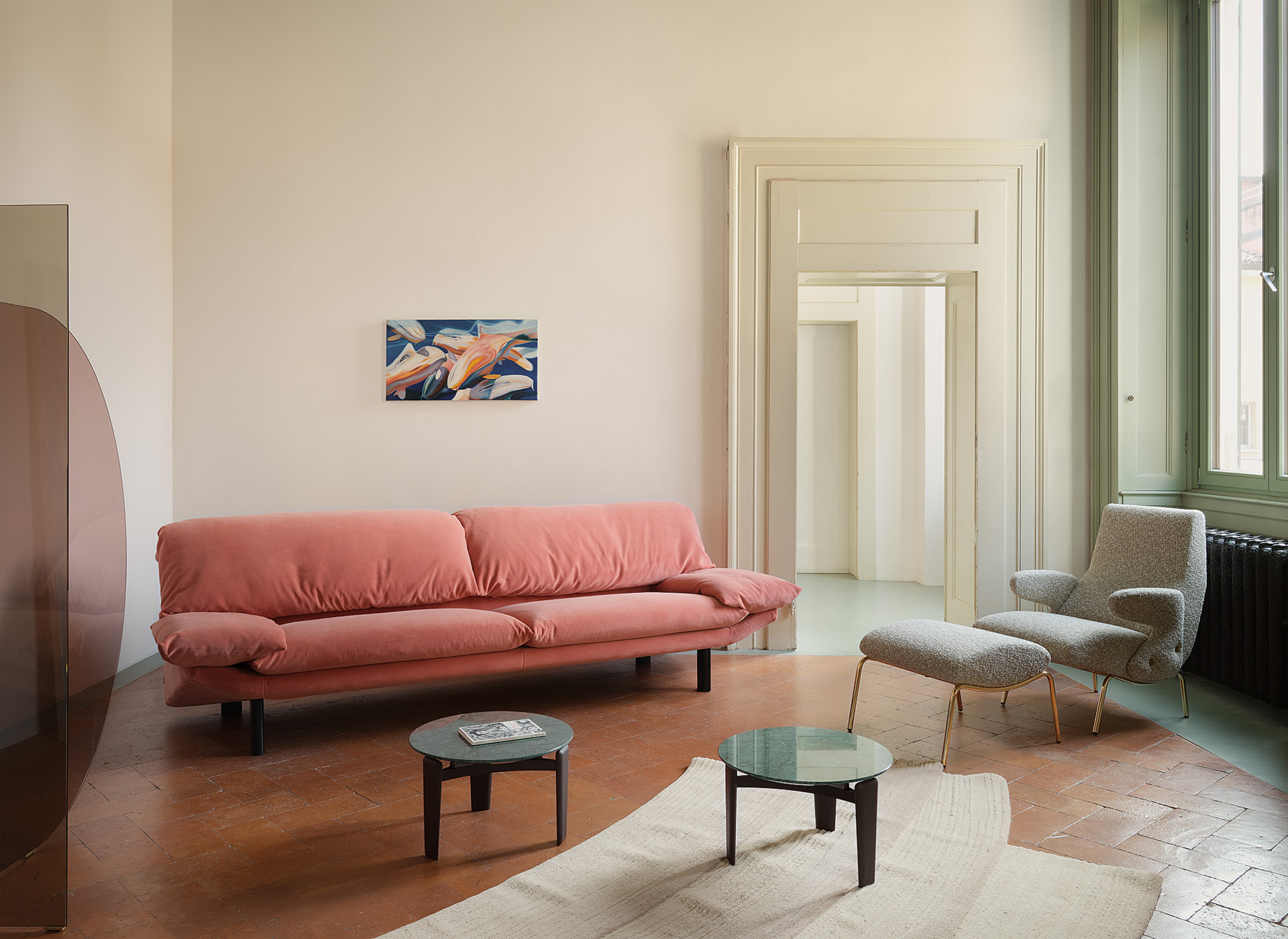

Erberto Carboni
Graphic designer, poster designer and illustrator (Parma 1899 - Milan 1984).
Graduated in architecture at the Accademia di Belle Arti in Parma (in 1921, earning an honorary diploma), he immediately started working as a graphic designer, opening a studio in his hometown (he developed advertising material for some local companies).
He also began to work as an illustrator, collaborating with some publishing houses in setting up the iconography of volumes of consumer fiction and beginning to work with some magazines, such as "Lidel", "Novella", "Dramma", "Emporium", "Le Grandi Firme".
In 1932 he moved to Milan, where he came into contact with Studio Boggeri and Olivetti Advertising and Development Office.
In short, he became an appreciated stand designer for exhibition pavilions within cultural and trade fair exhibitions: in the Thirties, there were the graphic concepts for the Italian Air Show at the Triennale di Milano (1934), for the International Expo in Paris (1936) and for the stands for Faesite and Montecatini at the Milan Fair (1940).
He did not stop, however, his activity in periodic illustration, collaborating with "L'Ufficio Moderno" (with other graphic designers of this magazine he founded "Amici della Razionalizzazione" Group), "La Lettura", "La Rivista illustrata del Popolo d'Italia", "Natura", "Snia Viscosa".
After the war, he continued his activity as a trade fair graphic designer, in particular at the Milan Fair (pavilion for the Italian Radio, 1950; exhibition of the chemist products Montecatini, 1950; commemorative setting for the 50th anniversary of the death of Giuseppe Verdi, 1951; Montecatini pavilion, 1952; Rai-Tv stand, 1952 and 1954, etc.).
Also noteworthy is the setting up of pavilion Italia 61 in Turin (1961), for the centenary of the Unification of Italy. Between the second half of the 1930s and the 1960s, Carboni also set up the advertising campaigns of many famous companies, often marking their growth or affirmation on the market. We remember, in particular, the campaigns for Olivetti (1935), Shell (1937), Motta (1939), Rai-Tv (since 1948), Barilla, Bertolli (since 1952) and Pavesi (since 1958).
In advertising communication, Erberto Carboni brought his experience as an illustrator and his attention to the architecture of the page, derived from his studies, but even more from his collaboration with Boggeri, his friendship with Herbert Bayer and his ideal contiguity with Bauhaus themes.
He won numerous awards, such as the National Prize for Advertising Graphics, the National Prize for Exhibition Design, the Palma d'Oro for the advertising, the Grand Prize of the Triennale of Milan.
In the last period of his life, he reduced his activity as a graphic designer and turned to sculpture and painting, exhibiting in some art galleries and at the Venice Biennale in 1972.















